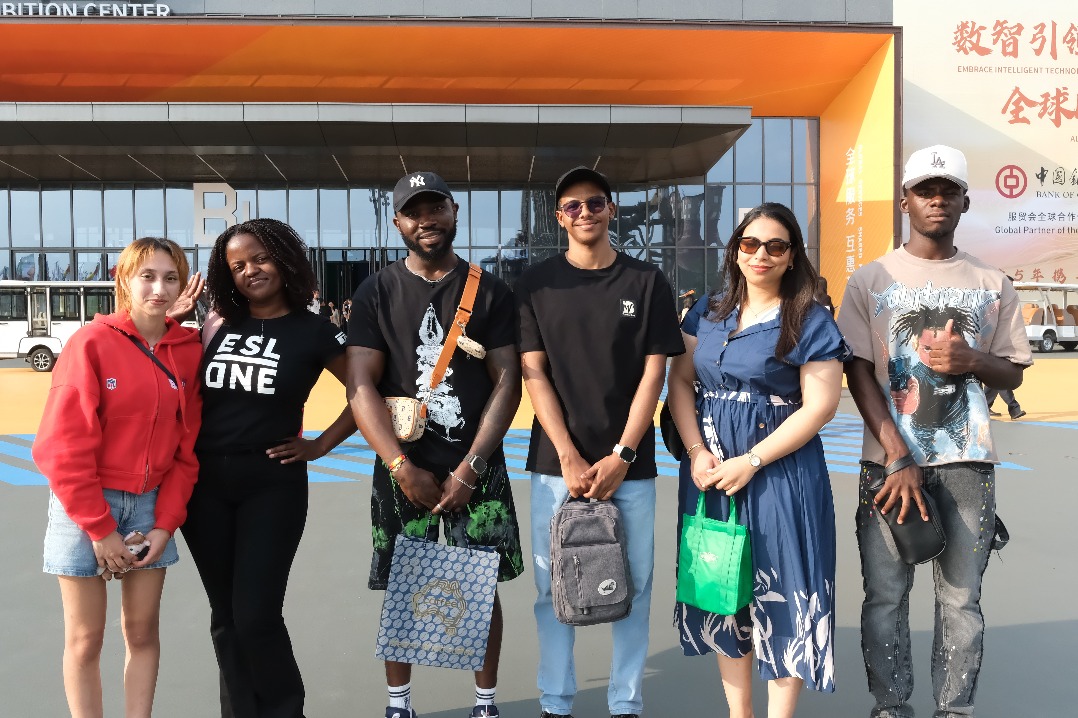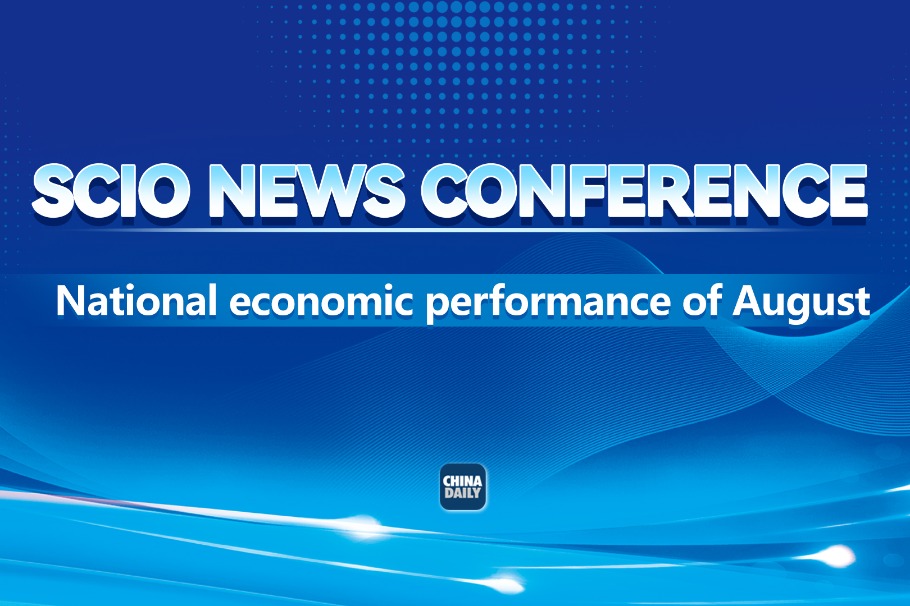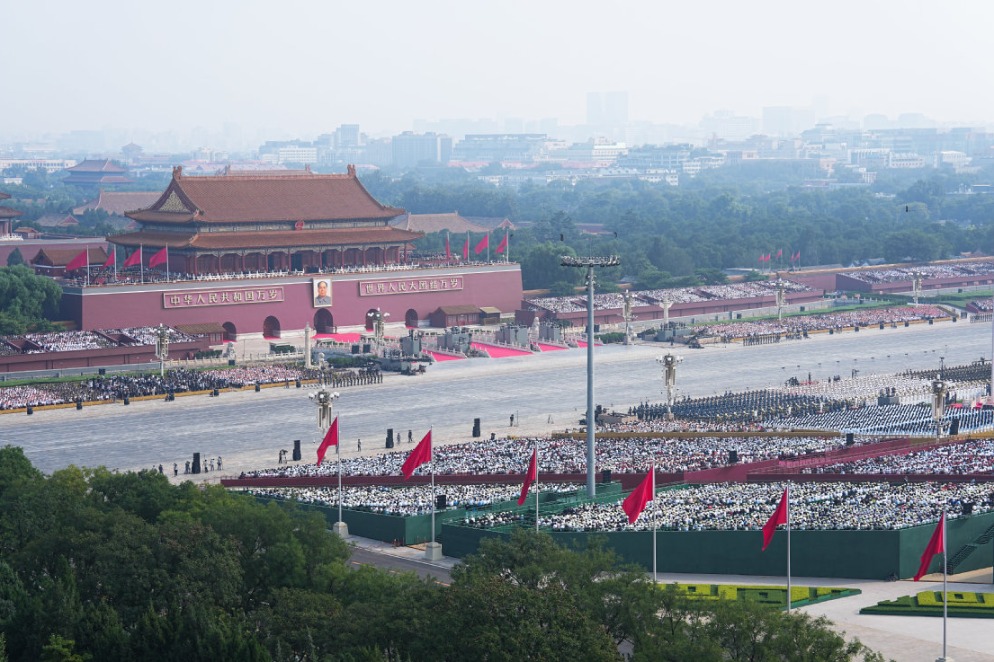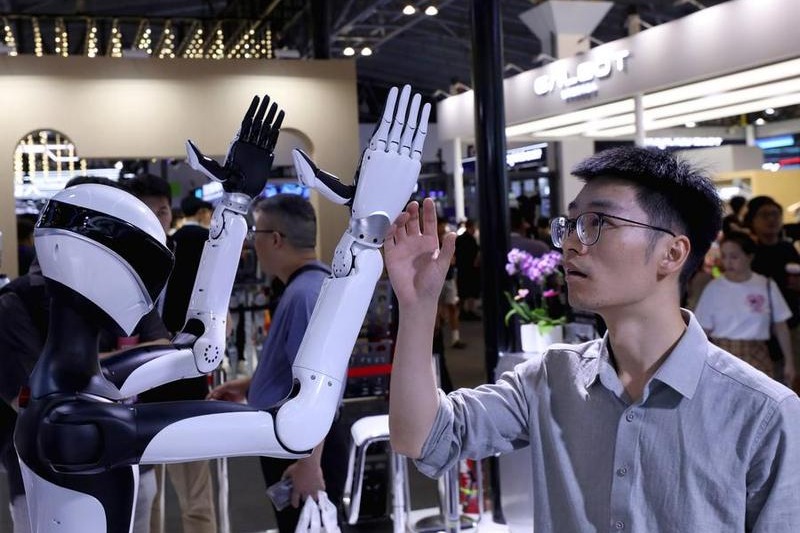Forum: China in 2023


Editor's note: At a time when the global economy is plagued by uncertainties and other tough challenges, China is marching toward modernization, is firmly committed to opening-up and is also set to create opportunities for global development in 2023. Three experts share their views with China Daily.
Security, development mutually reinforcing
By Fu Xiaoqiang
In 2022, quite a few "black swan" events have occurred including the resignation of Boris Johnson and Liz Truss as British prime ministers, the assassination of former Japanese prime minister Shinzo Abe, and the collapse of the Sri Lankan economy. Add to these the scorching heat waves, devastating floods and other extreme weather events and you get a picture of the troubled international situation.
Also, cross-Straits ties are at their lowest level due to US House Speaker Nancy Pelosi's reckless visit to Taiwan on Aug 2, and the United States has been trying to stir up trouble between China and its neighbors.
On the other hand, "gray rhino" events such as the record high inflation in the US, the energy crisis in Europe, and the food shortage around the world are compromising global security. So the US hegemony, along with the COVID-19 pandemic and the Russia-Ukraine conflict, should be blamed for the erosion of global security.
The US has resorted to decoupling the global industry and supply chains from other countries, especially China, to hamper their development in the high-tech and other fields at the cost of seriously disrupting the normal global economic and trade order and consensuses on cooperation and peace, which have resulted in rising extremism, populism and trade protectionism. Peace and development have thus been undermined.
Washington has also weaponized the international financial system by launching, in partnership with the European Union, a "financial bomb" on Russia. It has not only frozen and confiscated Russia's foreign exchange reserves and private property, but also excluded some Russian banks and other entities from the Society for Worldwide Interbank Financial Telecommunication payment system. What's more, the US is using its global financial hegemony more aggressively to seek greater strategic competitive advantages.
The world is facing a series of crises. But instead of helping form a global front to overcome them, the US has forced European countries to suspend energy imports from Russia, which has caused oil and gas prices to soar, threatening people's livelihoods. The reverberations of the resulting energy and food crises have impacted small and medium-sized economies the most. As a result, economies such as Sri Lanka have been the first to collapse.
The energy crisis facing Europe due to the Russia-Ukraine conflict is far from over. Whether Europe can survive this winter without shutting down some of its industries depends on whether Russia continues to supply gas to the European countries.
In addition, a stronger dollar, thanks to the US' flagrant violation of economic rules to raise interest rates, is causing serious inflation around the world. And many developing countries face economic recession, hyperinflation, a sovereign debt crisis, or a combination of all three, meaning more economies could collapse like Sri Lanka's.
Looking ahead, the world could enter a high-risk era with frequent crises including pandemics, inflation, recession, famines, worsening climate crisis, eurozone public debt, risk of a nuclear war, and rising populism.
Therefore, in 2023 China should be more strategically prepared to deal with any emerging crises. The report delivered to the 20th National Congress of the Communist Party of China in October highlighted security issues. Therefore security should and will be given more importance in the future.
China should coordinate its development and security policies, implement the overall national security concept, take global security initiatives, and adhere to multilateralism and win-win cooperation in order to build an environment conducive to the rejuvenation of the Chinese nation.
It should also implement the general idea of coordinating overall development and security. Economic achievements should be used to strengthen national security, and strengthened national security should be used to create internal and external security environments conducive to economic development, thus forming a virtuous circle of ensuring security through development and promoting development through security.
Besides, China should optimize the top-level design, and expeditiously work out a new security pattern that is compatible with the "dual circulation" development paradigm, strengthen its centralized, unified, efficient national security leadership, improve the comprehensive national security risk analysis mechanism and emergency response system, and prevent small risks from developing into major risks and external risks from harming domestic development.
The country should also promote global security governance and take measures to increase its say in international forums and organizations.
Affected by the relative decline of the West, the world order is becoming increasingly unsustainable because of the fragmented global governance system and diverse demands of countries. The US-led West is not only unable to cope with the global challenges, but also is the root cause of many a problem. The frequent emergence of pandemics, and food, energy and raw material crises show that the existing world order needs to be improved.
China is already committed to helping build a community with a shared future for mankind and creating a common global security network. But to realize those goals, China should give full play to its comprehensive national strength, set achievable financial, technological and industrial standards, and build an international security network that is conducive to the development of the country and the world.
The author is vice-president of the China Institutes of Contemporary International Relations. The views don't necessarily represent those of China Daily.
































